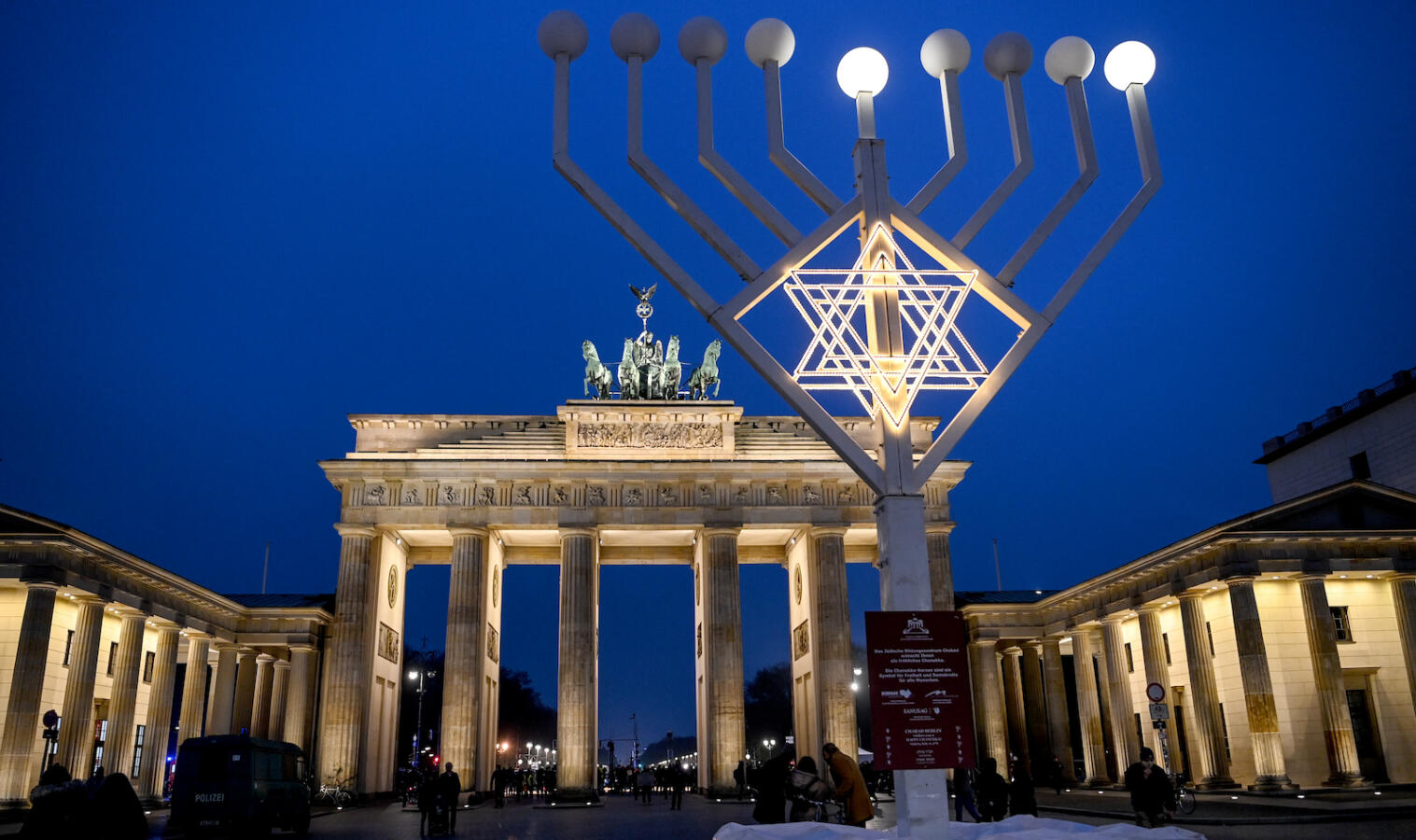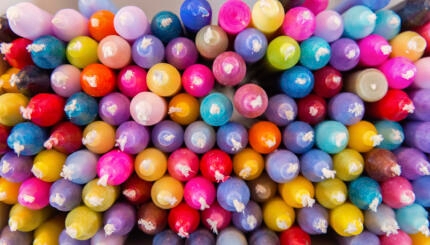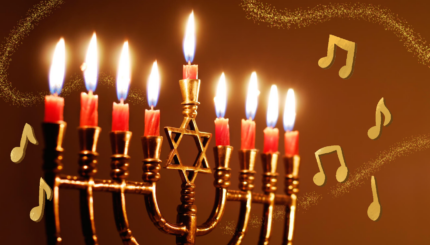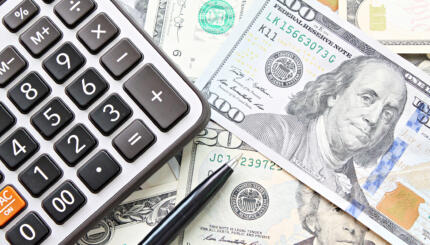From the large public menorah displays in countless cities and towns, to the perennial buzz on social media about popular gifts and trendy latke recipes, to the endless attempts to resolve that other December dilemma (sour cream or apple sauce), it’s tempting to conclude that Hanukkah represents the apex of the Jewish calendar.
But in fact, Hanukkah is a relatively minor holiday from the perspective of Jewish tradition, its importance magnified in large part due to its proximity to another major December celebration featuring twinkly lights and abundant gifts.
What is a minor Jewish holiday? The term doesn’t have a precise definition, but it’s generally taken to mean holidays whose observance isn’t mandated by the Torah, like the major festivals Rosh Hashanah, Yom Kippur, Sukkot, Passover and Shavuot. All these are mentioned in the Bible, have many associated rituals and traditions, and are all days in which it’s customary not to work.
Hanukkah came later, which makes sense when you consider it commemorates a historical event — the successful Maccabean revolt against the Syrian Greeks and the rededication of the Temple — that happened many centuries after the Torah was written. The first written account of the story, in the First and Second Book of Maccabees, isn’t even included in the Hebrew Bible.

Help us keep Jewish knowledge accessible to millions of people around the world.
Your donation to My Jewish Learning fuels endless journeys of Jewish discovery. With your help, My Jewish Learning can continue to provide nonstop opportunities for learning, connection and growth.
Like other so-called minor holidays, such as Purim and Tisha B’Av, Hanukkah was a creation of the ancient rabbis, and thus religiously carries far less weight than biblical holidays. It has only one religious ritual — the lighting of the Hanukkah menorah — which we hear about for the first time in the Talmud. And most Jews go to school or work for the full duration of the holiday.
But in modern times, Hanukkah is rivaled only by the Passover Seder as the most observed Jewish ritual. This was fueled in part by the rise of Zionism, whose early pioneers identified with the ancient Jewish warriors who had stood their ground in the ancient land of Israel. Many modern Jews also find inspiration in the story of an outnumbered band of Jewish patriots who shook off the yoke of foreign oppression and struck a blow for religious freedom. And in many Western nations, Hanukkah has been seen in part as an authentically Jewish way to embrace the December holiday season and its traditions of kindling lights and giving gifts.
Explore Hanukkah’s history, global traditions, food and more with My Jewish Learning’s “All About Hanukkah” email series. Sign up to take a journey through Hanukkah and go deeper into the Festival of Lights.



